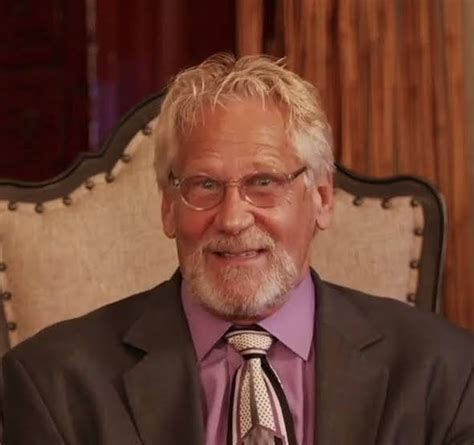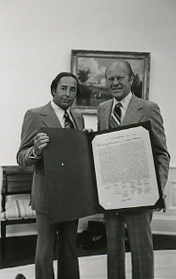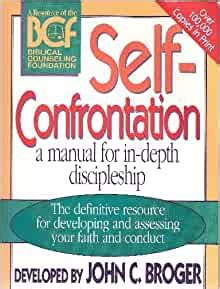A Quote by Jerry Bridges
Biblical love is not emotions or feelings, but attitudes and actions that seek the best interests of the other person, regardless of how we feel toward him.
Related Quotes
As my body lay dead on that stretcher (he later recovered from being struck by lightning attracted by his cell phone), I was reliving every moment of my life, including my emotions, attitudes, and motivations. The depth of emotion I experienced during this life review was astonishing. Not only could I feel the way both I and the other person had felt when an incident took place, I could also feel the feelings of the next person they reacted to. I was in a chain reaction of emotion, one that showed how deeply we affect one another.
When you pray for anyone you tend to modify your personal attitude toward him. You lift the relationship thereby to a higher level. The best in the other person begins to flow out toward you as your best flows toward him. In the meeting of the best in each a higher unity of understanding is established.
Self-acceptance begins in infancy, with the influence of your parents and siblings and other important people. Your own level of self-acceptance is determined largely by how well you feel you are accepted by the important people in your life. Your attitude toward yourself is determined largely by the attitudes that you think other people have toward you. When you believe that other people think highly of you, your level of self-acceptance and self-esteem goes straight up. The best way to build a healthy personality involves understanding yourself and your feelings.
But how can we love someone if we don't like him? Easy-we do it to ourselves all the time. We don't always have tender, comfortable feelings about ourselves; sometimes we feel foolish, stupid, asinine, or wicked. But we always love ourselves: we always seek our own good. Indeed, we feel dislike toward ourselves, we berate ourselves, precisely because we love ourselves; because we care about our good, we are impatient with our bad.
The [best] coaches... know that the job is to win... know that they must be decisive, that they must phase people through their organizations, and at the same time they are sensitive to the feelings, loyalties, and emotions that people have toward one another. If you don't have these feelings, I do not know how you can lead anyone. I have spent many sleepless nights trying to figure out how I was going to phase out certain players for whom I had strong feelings, but that was my job. I wasn't hired to do anything but win.
Anyone has outside influences. They are the results of the cosmic roll of the dice: this person is born Aragon the Ranger, this person is born a prisoner in North Korea, this person is born Carlos the Dwarf. Some of these things are out of our control, but that doesn't mean that they can't be changed. A character, just like a person in real life, is a summation of her actions and feelings. Our actions and emotions are not performed against nothing, they do not arise from dust, we are in constant friction, and/or flow with our surroundings.
When you want to direct someone toward the good, first put him at peace bodily and honor him with words of love. For nothing inclines such a man to shame and induces him to cast of his vice and be changed for the better as do bodily goods and honor, which he sees in you. Then, with love tell him a word or two, and do not be inflamed with anger toward him. Do not let him see any cause of enmity toward you. For love does not know how to lose its temper.
Of these five vital principles, Love is the foremost. It is Love that flows as the under-current for the other four values. How does it flow this way? When Love is associated with our thoughts, it manifests itself as Truth. When Love is associated with feelings, it produces Peace. When Love animates actions, it results in Right Action. When Love is combined with understanding it becomes Non-violence. Therefore whenever you feel angry, think of love, develop thoughts of love in your heart. You will have peace.


































